Morocco is Charting a Course for Future Mobility Leadership
)
As the global mobility and technology industries seek new frontiers for innovation and investment, Morocco is rapidly emerging as a pivotal player, strategically positioning itself as a nexus between Africa and Europe. The Kingdom's latest initiatives, particularly in mid-2025, underscore a profound commitment to sustainable, smart and electrified transportation. For professionals in these sectors, Morocco represents a dynamic market ripe with opportunities.
The overarching theme of Morocco's future mobility strategy is ambitious yet pragmatic: to build an end-to-end ecosystem for green transport. This vision is being concretely realised through significant investments across electric vehicle manufacturing, advanced rail networks and integrated smart urban mobility solutions.
A Manufacturing Hub in the Making
Morocco is rapidly solidifying its reputation as a burgeoning hub for electric vehicle (EV) production. The nation is set to significantly ramp up its EV output, targeting 107,000 units by the end of 2025, marking a substantial 53% increase from current figures. This ambitious goal is underpinned by major commitments from global automotive giants:
- Stellantis is bolstering its Kenitra plant with a $1.38 billion investment, aiming to more than double annual output to 535,000 vehicles by 2030, crucially including electric models.
- The partnership between Cenntro Inc. and Electricove Maroc is set to establish local EV assembly, targeting North African markets.
- Huawei, in collaboration with Wan'an Technology, is injecting $34.5 million into an automotive parts production base, further integrating Chinese expertise into Morocco's growing EV supply chain.
Crucially, Morocco isn't just assembling; it's building a comprehensive EV battery ecosystem. Leveraging its rich reserves of phosphate and cobalt, the nation aspires to be the sole country in the Euro-African region with full end-to-end EV manufacturing capabilities. This vertical integration drastically reduces supply chain vulnerabilities and enhances Morocco's competitive edge. The government's commitment extends to public transport, with plans to acquire 7,000 electric buses, a testament to a holistic electrification strategy.
Connecting the Nation with High-Speed Rail
Morocco continues to lead African rail innovation. Building on the success of "Al Boraq," the continent's first high-speed line, the Kenitra to Marrakech extension is now firmly underway. This strategic expansion, inaugurated by His Majesty King Mohammed VI, is set to drastically cut travel times and bolster economic growth, particularly in anticipation of the 2030 FIFA World Cup.
The $898.15 million contract with Alstom for 18 new Avelia Horizon very high-speed trains underscores the rapid pace of this development. This infrastructure leap positions Morocco not only as a regional leader in rail but also as a model for sustainable long-distance mobility.
Intelligent Urban Living: Smart Cities Take Shape
Beyond national networks, Moroccan cities are actively developing smart urban mobility frameworks.
Agadir's Communal Action Plan (2025-2027) serves as a prime example:
- By July 2025, Agadir aims to deploy an intelligent traffic management system across 80% of its strategic intersections by integrating sensors and AI to dynamically optimise traffic flow. This initiative forecasts a 15% reduction in average travel times.
- A new multimodal platform will offer real-time information on public transport, parking availability and micro-mobility options. This will enhance user experience and promote sustainable choices.
- Infrastructure for EV charging stations is rapidly expanding, targeting 50 stations by the end of 2027.
These initiatives, alongside the ongoing expansion of Bus Rapid Transit (BRT) and tram systems, reflect a comprehensive approach to making urban travel more efficient, accessible and environmentally friendly.
Strategic Imperatives: World Cup 2030 and Green Ambition
Morocco's role as a co-host for the 2030 FIFA World Cup and host of the 2025 Africa Cup of Nations serves as a powerful catalyst for accelerating these mobility developments. Massive investments in airport capacity (targeting 80 million passengers annually by 2030 from 38 million) and extensive highway projects are integral to preparing for these global events, simultaneously bolstering the nation's long-term transport infrastructure.
The Kingdom's commitment to future mobility is deeply intertwined with its ambitious green economy vision, targeting 52% renewable energy in its electricity mix by 2030. This ensures that its burgeoning EV and electrified transport sectors are powered by clean energy, reinforcing its position as a truly sustainable mobility leader.
For professionals in mobility and technology, Morocco offers a compelling landscape of innovation, investment and strategic partnerships. Its proactive policies, significant infrastructure projects and a clear vision for a sustainable transport future make it a market worthy of close attention and active engagement. Seize your opportunity to be part of this exciting growth by visiting WAM Morocco from 20 – 22 January, 2026 at Foire Internationale de Casablanca.


